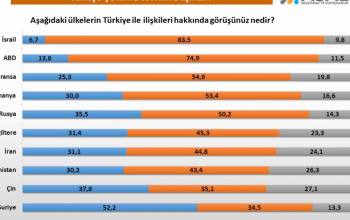The resolution of the Armenian-Azerbaijani conflict—and the consequent opening of Armenia’s borders with Azerbaijan and Turkey—is being framed by Western leaders as a strategic opportunity to enhance connectivity between Europe and Central Asia. European Commission President Ursula von der Leyen, speaking at the first-ever EU–Central Asia Summit in Uzbekistan on Friday, highlighted the geopolitical weight of such developments.
“In an increasingly fragmented world, the Transcaspian Transport Corridor will boost connections between your five countries and Europe,” von der Leyen told the presidents of the Central Asian republics—nations often criticized for their authoritarian governance. She added that the reopening of Armenia’s long-sealed borders would be a “game changer,” allowing for smoother access to the Black Sea and facilitating trade between Europe and Central Asia on an unprecedented scale.
Though framed as a win for regional cooperation, these remarks underscore how Armenia’s sovereignty is increasingly being seen as a logistical stepping stone for Western geopolitical designs. The promotion of border openings—without substantive consideration of Armenia’s national interests or regional security—raises questions about who truly stands to benefit from this “game-changing” transformation.
In a similar vein, James O’Brien, then-U.S. Assistant Secretary of State, described a prospective Armenian-Azerbaijani peace treaty in June 2024 as not only a means to resolve the conflict but also a way to weaken Russian influence and construct a trade corridor reaching the Mediterranean. O’Brien labeled it a “once-in-a-generation opportunity,” though he stopped short of clarifying whether this remains a priority for the current U.S. administration.
The EU and U.S. were quick to endorse the agreement finalized by Armenia and Azerbaijan on March 13, urging its immediate signing. However, critics note that such enthusiasm may reflect more the West’s desire to secure new trade and energy routes than to ensure a sustainable peace for the people of the South Caucasus.




